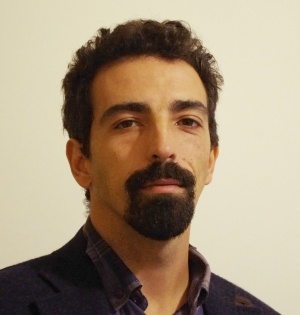Campos, I.S., Alves, F.M., Dinis, J., Truninger, M., Vizinho, A. & Penha-Lopes, G. (2016) Climate adaptation, transitions, and socially innovative action-research approaches.
Ecology and Society,
21(1), 13. DOI:10.5751/ES-08059-210113 (IF2016 2,842; Q2 Ecology)
Climate change may be a game-changer for scientific research by promoting a science that is grounded in linking the production of knowledge and societal action in a transition toward more sustainable development pathways. Here, we discuss participatory action-research (PAR) as a way of thinking and leading investigations that may promote incremental and transformative changes in the context of climate change adaptation research. Our exploration is addressed in the Portuguese context, where PAR and sustainable transition studies are still marginal, and adaptation processes are a recent topic on political agendas. We describe the characteristics of PAR and use two studies of adaptation to illustrate how research and practice co-evolve through interactive cycles. The two studies are works in progress, rather than completed PAR processes. Climate change adaptation is an ongoing and long-term process. Moreover, in Portugal, as in many regions of the world, climate change adaptation is a fairly new topic. Thus, both case studies are now initiating a long-term process of change and adaptation. The completion of one research cycle is a realistic expectation that we have achieved in the two case study experiences. In our discussion of the case studies, we consider how these experiences provide insights into the role of PAR for long-term regime changes. We conclude by pointing to the societal needs addressed by PAR, as a pragmatically oriented and context-specific research design. The approach can be complementary to other frameworks in sustainable transition studies such as transition management. Being more pragmatically oriented, PAR cycles may influence incrementally transformative changes that can be guided by transition management’s long-term design for governing sustainable transitions.




